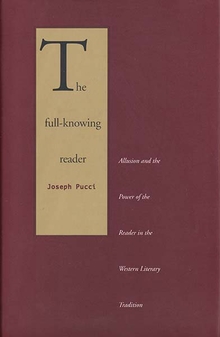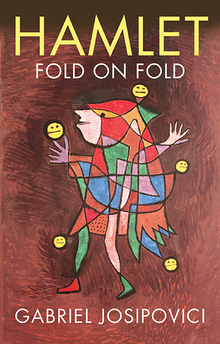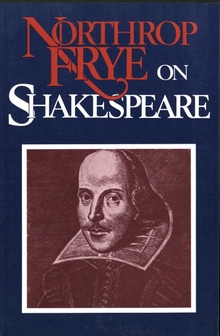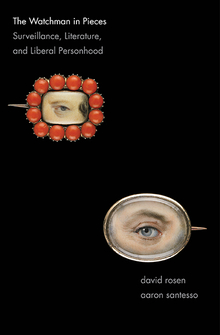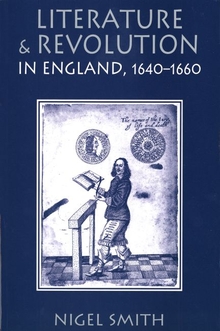Imagining Rabelais in Renaissance England
WARNING
You are viewing an older version of the Yalebooks website. Please visit out new website with more updated information and a better user experience: https://www.yalebooks.com
Anne Lake Prescott
Prescott documents the extent to which Rabelais’s name and work permeated Renaissance English literature and thought. Tudor and Stuart writers quoted him, told funny or scandalous stories about him, imitated him, abhorred him, even judged Rabelais without reading him. In this wide range of responses, from the urbanely appreciative to the pompous and grumpy, Prescott finds new understandings of cultural ambivalence and the ambiguities of literary reception. She shows that precisely because Rabelais’s reputation was contradictory, appropriating his name or words was useful in Renaissance England for expressing division on topics ranging from authorship and sex to heresy and political secrets.
"Prescott is really breaking new ground here. Her book is original and entertaining. I can't remember when I've laughed as often while reading a thoroughly scholarly book."—Barbara C. Bowen, Vanderbilt University
"This is a well written, entertaining, and scholarly study of the reception of Rabelais in Renaissance England immaculately proof-read, well produced, and abundantly illustrated. . . . The author’s thorough acquaintance with Rabelais is complemented by her intricate knowledge of the highways and byways of early modern English writers. The result is a comprehensive and convincing picture of what the English made of France’s foremost Renaissance writer of narrative."—Philip Ford, International Journal of the Classical Tradition
"From striking dustjacket down to last footnoote, this fine study of how English Renaissance writers ‘reacted to and reconfigured one famous Frenchman’ makes a lasting contribution to our understanding of a host of texts up to just before 1653. . . . This fresh look at the whole subject provides not only a fuller evaluation of known points of contact but much that is absolutely new. . . . Those willing to pursue what the author calls ‘the hermeneutics of pleasure’ will be rewarded throughout this study by a new sense of the inner delights of the great Silenus that was Rabelais and of his impact on writers across the channel."—Richard S. Peterson, Comparative Literature Studies
"As a piece of storytelling, Imagining Rabelais in Renaissance England is fully worthy of its subject matter; again and again I found myself setting the book aside to chuckle, cackle, or grin at its humor."—Bruce Boehrer, Journal of English and Germanic Philology
"In one deft, fluid and amused sentence after another, Imagining Rabelais quietly displays a fine critical sensibility supported by careful and extensive scholarship."— David Lee Miller, University of Kentucky, A Quarterly Journal of Short Articles
"Throughout these pages, we are also the better informed about the literary culture of Renaissance England, the writers that participated in that culture, and the distinctive polyvocality and elusiveness of one authorial figure that intrigued and provoked them."—Stephen M. Buhler, Sixteenth Century Journal
"Anne Lake Prescott has long been one of our best guides in understanding the impact of continental writers on English literature in the Early Modern period. . . . Prescott entertainingly reintroduces us to the diverse writing communities of the era through a series of insightful vignettes, each exploring how individual writers 'read' the figure of Rabelais for their intended audiences."— Sixteenth Century Journal
Publication Date: May 28, 2013
21 b/w illus.


